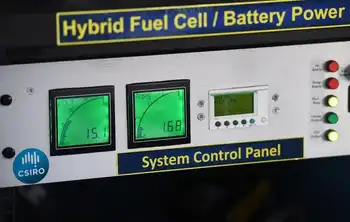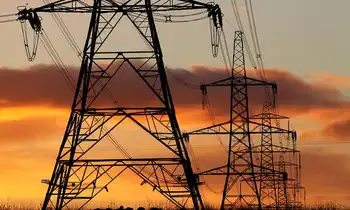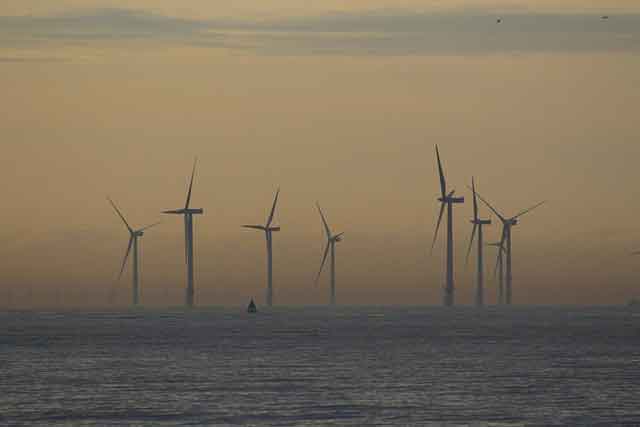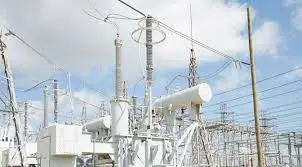Coal-fired electricity exports criticized
That's because 20 per cent of Ontario Power Generation's coal-fired energy is sold stateside and overall coal is blamed for 660 of the 6,000 smog-caused premature deaths here each year.
"We're told that these 660 deaths are necessary because without coal-fired electricity the lights won't stay on in Ontario," Franz Hartmann, executive director of the Toronto Environmental Alliance, said.
"We're here to tell that 130 of those deaths are completely unnecessary," said Hartmann, noting one fifth of the coal-generated power "wasn't made to keep the lights on or the air conditioners running in Ontario."
"It was made to be sent south of the border to make money for Ontario Power Generation," he said, citing a 2005 provincial report government on deaths caused by smog.
Jack Gibbons, executive director of the Ontario Clean Air Alliance, said OPG's $100 million profit from coal sales to the U.S. translates into just 77 cents off the average monthly hydro bill.
"Saving lives and preventing up to 65,000 asthma attacks is more important," said Gibbons, who criticized Premier Dalton McGuinty for breaking a 2003 election promise to ban "non-emergency" coal-fired electricity exports in order to reduce smog.
Dr. Hilary de Veber, a Toronto pediatrician and Canadian Association of Physicians for the Environment board member, said bad air is taking its toll on Ontarians.
"Smog kills. When it's not killing people, it is reducing the health of all Ontarians through its many adverse health effects," said de Veber, whose asthmatic young patients are especially vulnerable.
Steve Erwin, an aide to Energy Minister Dwight Duncan, said the environmentalists' claims were "a bit misleading" because coal power is used mostly when domestic electricity demand is at a peak.
OPG spokesperson John Earl said the utility has "absolutely no control over where our products go."
Related News
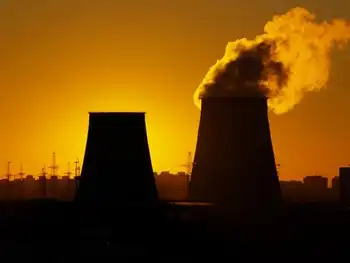
Current Model For Storing Nuclear Waste Is Incomplete
COLUMBUS - The materials the United States and other countries plan to use to store high-level nuclear waste will likely degrade faster than anyone previously knew because of the way those materials interact, new research shows.
The findings, published today in the journal Nature Materials (https://www.nature.com/articles/s41563-019-0579-x), show that corrosion of nuclear waste storage materials accelerates because of changes in the chemistry of the nuclear waste solution, and because of the way the materials interact with one another.
"This indicates that the current models may not be sufficient to keep this waste safely stored," said Xiaolei Guo, lead author of the study and…


